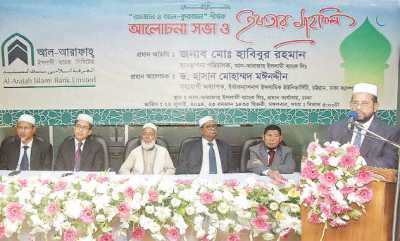India’s new government has called for reforms to the World Bank structure to reflect the “emerging” clout of developing nations in a meeting with visiting bank chief Jim Yong Kim.
The government, which took office in May, said in a statement late Tuesday that Finance Minister Arun Jaitley stressed at an evening meeting with Kim the need for significant changes to the way the World Bank operates.
Jaitley told Kim that the Bank needs to play a “global role in poverty reduction and development” and also “reflect the emerging world order in its governance”.
Kim is on an official visit to India that wraps up Wednesday during which he is meeting members of the country’s new right-wing government.
The call by India’s finance minister came on the heels of the BRICS group of nations - Brazil, Russia, India, China and South Africa - establishing earlier this month a development bank to rival the World Bank.
At a meeting in mid-July, BRICS leaders agreed on the set-up of a $50bn development bank by granting China its headquarters and India its first rotating presidency.
The move has been seen as a step away by developing nations from the traditional commanding role of Western nations in the global economy.
India and other developing nations have long faulted the World Bank for failing to give stronger voting rights to developing nations despite the fact they are home to some 40 percent of the global population.
The Press Trust of India news agency quoted Kim as saying late Tuesday that India had historically been the World Bank’s biggest borrower and its success hinged on the country achieving economic success.
“We pledged our financial support (to India) but we also spoke at great length about our knowledge partnership that we are going to build,” Kim said, according to the news agency.
“We will bring innovations from all other countries in the world here as Prime Minister Narendra Modi’s government embarks on an extremely ambition mission to grow the economy,” Kim said.
Modi was elected with his Bharatiya Janata Party winning the biggest majority in three decades on a platform of spurring India’s sharply slowing economy.
India is the World Bank’s highest cumulative borrower with a portfolio of 85 projects to which some $24bn has been committed.
News:Dhaka Tribune/23-July-2014




